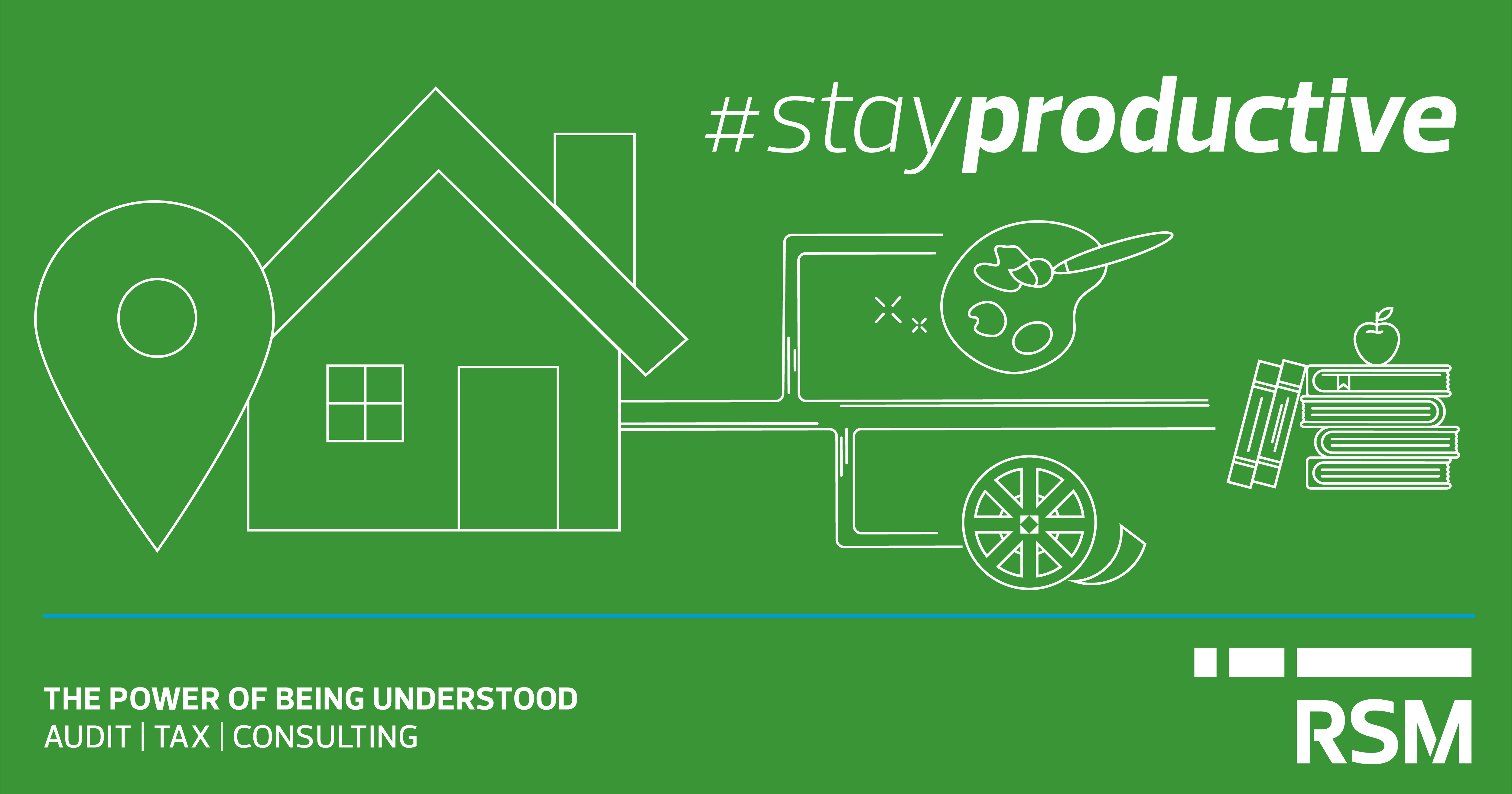
The letter that accompanies a candidate’s resume should be precise and to the point.
Many candidate’s letters begin: “Dear Sir/Madam.” This salutation indicates an applicant who has done so little research on the company that they don’t know to whom to address the letter. An inauspicious start.
Further, many letters go on to say: “I am applying for the position advertised recently.” When? Last year, last week? Again, this conveys a certain vagueness, a lack of grip on the details. State clearly the position you are applying for, any reference numbers associated with the position and precisely where you saw the advertisement. This provides the executive recruitment Bangkok client or employer and with feedback on their advertising success and will create a positive impression.
Many applicants allude to a “confidential CV”. Why do job hunters so commonly insist their CV is confidential? It is a sales and marketing brochure promoting your talents – you want as many people as possible to read it. What should the recruiter do if confronted by this demand for confidentiality? Refrain from circulating the document to colleagues who may be involved in the hiring process? In most cases, it is unnecessary to include such statements.
A typical paragraph starts: “My employment history will indicate extensive experience in this field.” The phrasing here is awkward – why the future tense? This could be improved by making it more straightforward: “I have a lot of experience working in X.”
The paragraph is often followed by another that consists of a list of duties that the person claims to have experience doing. Nowhere is there any evidence to support these claims, nor is there any evidence of any achievements or reference to how well he or she carried out any of the achievements. It is one thing to work in a role that involves certain responsibilities and quite another to discharge those responsibilities effectively.
The next paragraph often consists of a single sentence (poor form) that restates that he or she is applying for the position. This repetition is unnecessary and awkward.
And the all too often concluding paragraph I is a touch too assertive. “I trust that my application will be given every consideration…” (Why does he or she feel the need to remind the employer to be fair – minded?) “…and respectfully request that you contact me to arrange an interview.”
Now hold your horses. You are telling me what I have to do? I don’t think so. Instead, how about: “Thank you for considering my application and I look forward to meeting you for an interview at your convenience.” This is both optimistic and polite.
Executive recruitment Bangkok thinks that ideally, a cover letter is succinct, crisp and polite. It is addressed to a real person. The first paragraph states you are applying for a position and you state the title, reference number and where and when it was advertised.
The second paragraph is a brief highlights package that refers to a couple of relevant achievements that enhance the fit between you and the role on offer. The third paragraph says that you are available to be interviewed on the employer’s terms as suggested above.
The good news is that cover letters are not hard to get right. Like a lot of job hunting, it is about researching the role, succinctly emphasising the fit between you and the role, and conveying this in a positive and polite manner.
